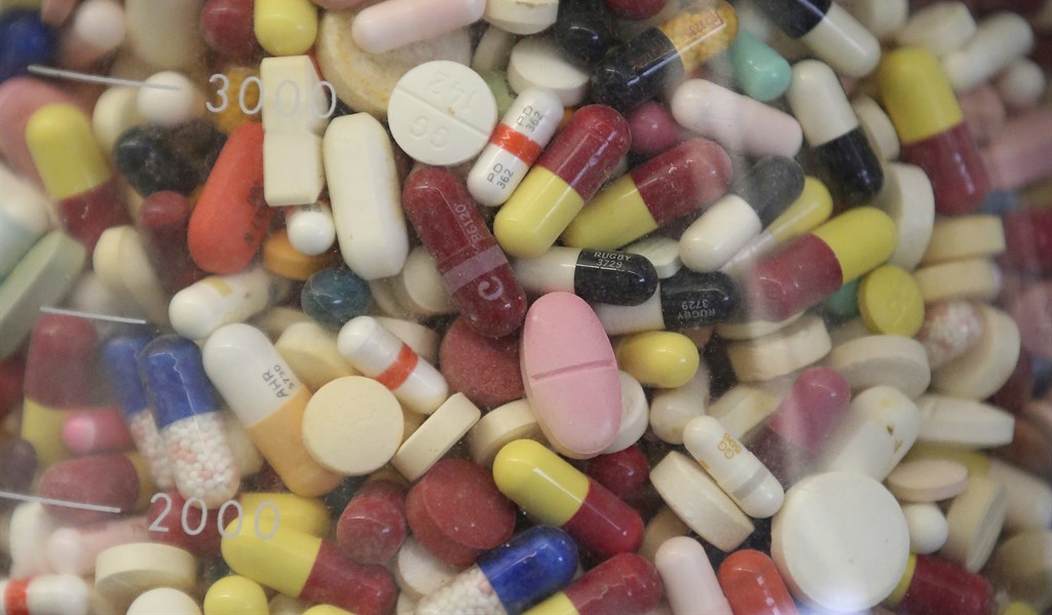In a strange political twist, a Republican governor is suing a Democratic administration...for not imposing price controls. According to Florida Governor Ron DeSantis (R), the Food and Drug Administration (FDA) is unlawfully sitting on Florida’s application to import medications from Canada. Despite self-serving proclamations by Florida officials, this legal bid would compromise access to life-saving medications for state residents. Greenlighting mass and state-sanctioned reimportation of drugs would thrust Canadian price controls onto the U.S. market, making it all-but-impossible for manufacturers to innovate and profitably mass-produce drugs. Florida’s leadership should press the FDA for reforms instead of onerous pricing restrictions.
Governor DeSantis certainly isn’t the first politician to push for drug reimportation from Canada. A wide array of politicians from Senator Bernie Sanders (I-Vt.) to former President Donald Trump have backed reimportation ostensibly to lower drug prices. There’s little evidence, though, that bringing in drugs from our neighbor to the north (or anywhere else) would succeed in bringing down costs. Previous analyses by the Congressional Budget Office have concluded that reimportation wouldn’t even save consumers $1 billion per year, at a time when Medicare and Medicaid spend about $150 billion annually to procure medications.
This savings discrepancy is largely a result of generics dominating the U.S. market. Roughly 90 percent of all prescriptions filled in the U.S. are for generic drugs, which are often cheaper in the U.S. than in Canada. According to a 2019 analysis of top-selling generic drugs, “Eighty-eight percent of the top prescribed generics were cheaper in the United States than from Canada…” It’s little wonder, then, that the average American spends less out-of-pocket on prescription drugs than the average Canadian does.
Patients and policymakers are perplexed that, even as American generics are affordable, brand-name medications cost significantly more in the U.S. than in many other developed countries. But counterintuitively, these high prices pave the way for far lower prices once drugs go off-patent. Drug producers overwhelmingly set up shop, innovate, and sell their products to the U.S. market first because they know that strong American intellectual property rules and price flexibility will allow them to recoup the many billions of dollars invested in drug development. But once these costs are recouped and the drug no longer enjoys patent protection, myriad drug producers are free to compete with one another and sell generics at rock-bottom prices. PharmacyChecker notes, “With the smaller Canadian market, fewer manufacturers compete, which explains higher generic drug prices in Canada.” Unlike Canada, America’s strong protections on IP and price adjustments attract an outsized fraction of top pharmaceutical companies and new drug innovation.
Recommended
Allowing state insurance programs to import Canadian-style price controls would wreak havoc on the system and make it far more difficult for producers to recoup investments on life-saving medications. Over time, investment dollars would hemorrhage out of the pharmaceutical industry and fewer companies would see it as worth it to bring new medications to market. Down the line, there’d be far fewer generics available and far fewer producers to compete on sale and manufacture. If American generics are compromised as the result of reimportation, overall drug prices would rise to the detriment of millions of Americans.
Fortunately, there’s a better way forward than heavy-handed price controls. The FDA has rightly been criticized for their risk averse approach to drugs and demanding additional studies even when there’s clear evidence that medications are safe and effective. Gov. DeSantis should work with other public officials to hold the agency accountable and suggest reforms that could make the approvals process quicker and less costly. Medications should be subject to rigorous scrutiny, including well-controlled clinical trials. But when regulatory and development costs exceed $2 billion, consumers will inevitably pay in the form of higher prices.
Leaders of both political parties should focus on these pressing issues, instead of pushing for a placebo prescription.
David Williams is the president of the Taxpayers Protection Alliance.

























Join the conversation as a VIP Member